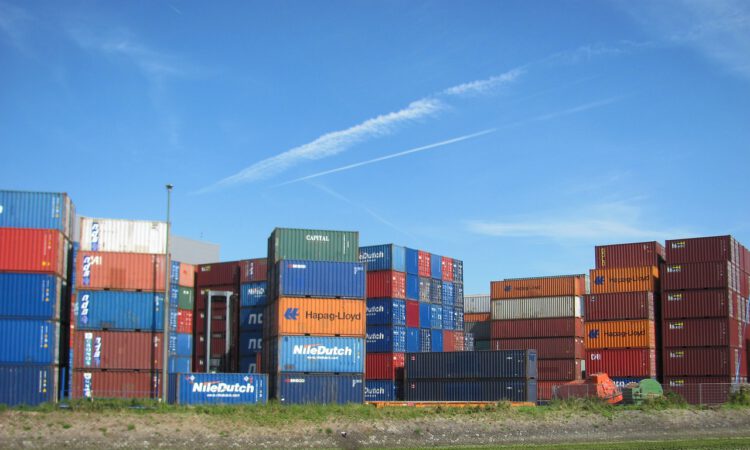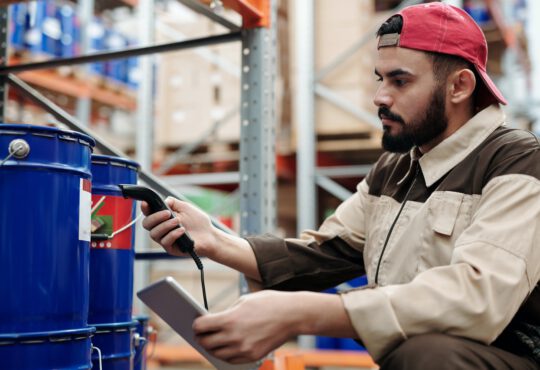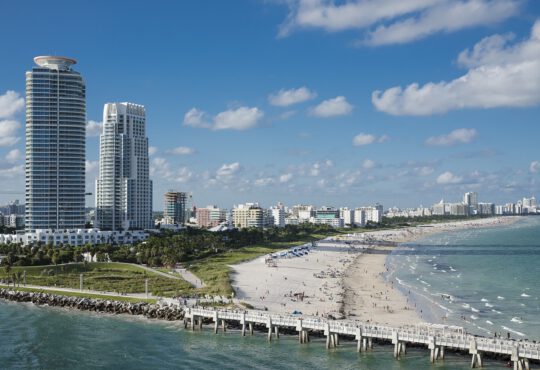
Learning the difference between a third party logistics (3PL) and fourth party logistics (4PL) plus 1PL and 2PL, additionally the rise of even Fifth celebration Logistics (5PLs) is actually confusing and very debated among those into the offer sequence business.
That is evident in a LinkedIn Discussion ( had this great remark in order to complete the discussion:
“Great comments from many herein, although it is great to hear more off their logistics professionals, however with gratitude, most of the responses hold real to the fact that we’ve an over-lapping regarding the functionality from inside the 3PLs in “walking that extra mile” to accommodate a number of the responsibilities that could assume a 4PL’s role ultimately.
I begin to see the generation of 4PLs evolving & advancing to a degree from history 3PLs work scope with particular motifs designed to deal with value-add demands with regards to customers’ partnerships. The essential principles of 3PLs tend to be hereto remain (specifically the assets-based providers) & the development to extend services as a 4PL is the determining element numerous shippers (little businesses or huge international corporations) get up on in their selection of a provision companion. Normally, we do see spin-offs once more, from a 4PL pint-of-view, wherein some retain specialty in certain knowledge & skill-sets (ie. IT / MRP / direct & indirect sourcing etc.), but yet there are many of 4PLs that would be entrenched in the general terms as “3PL managers” to co-ordinate the entire fulfillment processes B2B2C finally.”
3PL versus 4PL: The Academic meanings from CSCMP
The CSCMP defines 3PL as follows:
Outsourcing all or most of a business’s logistics operations to a specialized business. The definition of “3PL” was used in early 1970s to recognize intermodal marketing and advertising organizations (IMCs) in transport contracts. Around that time, agreements for transport had featured just two events, the shipper plus the company. When IMCs entered the picture—as intermediaries that accepted deliveries from the shippers and tendered them into train carriers—they became the next party into contract, the 3PL. Definition has actually broadened to the point where nowadays, every organization that provides some type of logistics solution for hire calls itself a 3PL. Ideally, these services are incorporated, or “bundled, ” collectively because of the supplier. Services they provide tend to be transport, warehousing, cross-docking, inventory administration, packaging, and cargo forwarding. In 2008 legislation passed declaring the appropriate definition of a 3PL is “A individual who solely gets, holds, or else transports a consumer product in ordinary course of company but who does not take title into item.”
Services they provide tend to be transport, warehousing, cross-docking, inventory administration, packaging, and cargo forwarding. In 2008 legislation passed declaring the appropriate definition of a 3PL is “A individual who solely gets, holds, or else transports a consumer product in ordinary course of company but who does not take title into item.”
Third-party logistics providers tend to be:
- Freight forwarders
- Courier organizations
- Others integrating & providing subcontracted logistics and transport solutions
The CSCMP describes 4PL below:
Is different from 3rd party logistics in following techniques; 1)4PL company is often another entity founded as a joint venture or long-term contract between a primary client plus one or higher partners; 2)4PL organization will act as just one user interface between your client and numerous logistics providers; 3) All aspects (essentially) of client’s offer chain are handled by the 4PL business; and, 4) it’s possible for an important third-party logistics supplier to form a 4PL company within its current structure.
But 4PL was oringally defined by Accenture as a trademark in 1996 and understood to be “an offer chain integrator that assembles and manages the resources, capabilities, and technology of their own company with those of complementary companies to deliver an extensive offer sequence option.”, it is not signed up.
4PLs have also called “contribute Logistics services”. Now a unique crop of businesses have actually emerged who will be actual transportation businesses too. While a 4PL might be called non-asset-owning supplier, their role would be to offer wider range managing associated with whole supply chain.
Ok, therefore we Got 3PL vs 4PL, exactly what About all These Other “PLs?”
In the “PL” terminology, it’s important to differentiate the 3PL vs. 4PL through the various other logistics levels:
- First Party Logistics (1PL). Issues beneficial cargo owners which may be the shipper (such as a production firm delivering to clients) and/or consignee (eg a retailer picking right up cargo from a supplier). They dictates the foundation (offer) additionally the location (demand) associated with cargo with circulation being a completely internal procedure believed because of the company. With globalization together with related outsourcing and offshoring of production, distribution services which used to be believed internally have a tendency be developed to external companies.
- 2nd Party Logistics (2PL). Problems the companies that are providing a transport solution over a particular section of a transport sequence. It might include a maritime delivery business, a railway operator or a trucking organization which are hired to haul cargo from an origin (e.g. a distribution center) to a destination (example. a port terminal).
You could question anything more elaborate than an unofficial providing logistics consultation or administration, regardless of how advanced or far-reaching their particular service might be. So can be they nonetheless 3PLs whom only created an elegant title to set all of them apart from the competitors, or perhaps is indeed there a real differentiation?
A 4PL is basic and certainly will handle the logistics process, it doesn’t matter what companies, forwarders, or warehouses are used. The 4PL can and can also handle 3PLs that client is already presently making use of. Numerous 4PLs have actually addressed the massive demands of electric screen between numerous organizations.



